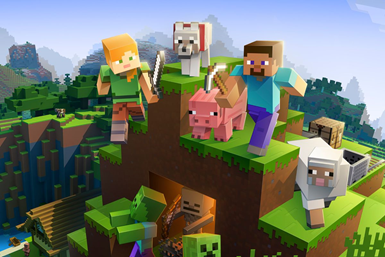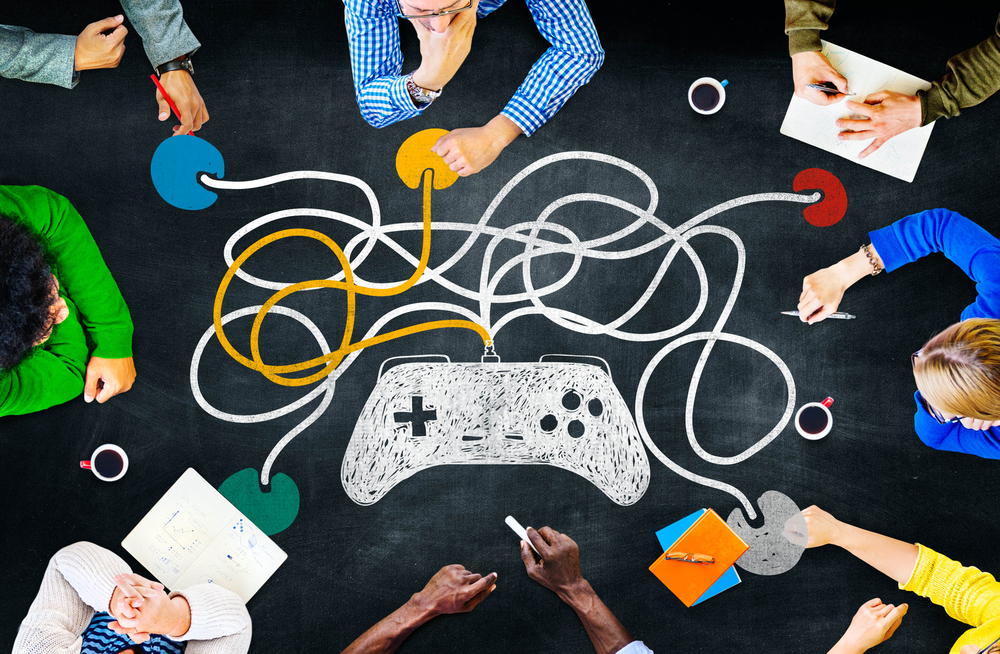
Are you sure that a video game in education sounds like nonsense? Do you find them a useless and even dangerous waste of time? Melior games offers to look at this issue from another side. In fact, like almost any game, video games can help your child develop some useful skills when used correctly.
What Video Games Can Teach Us
Games teach to solve problems
In video games, the child constantly faces the need to choose the most appropriate solution for each moment in the gameplay. To move forward, they need to plan and try different approaches (sometimes many times), otherwise, the game character simply will not cope with the task. The better the player understands the rules and structure of the game, the better the strategy they develop and the better the result.
Games Broaden Your Horizons
The content of video games can encourage children to explore the topic further. There are games based on world history, geography, mythology, space, architecture… If the child is interested in it, you can tell them where to look for additional information: in books and encyclopedias, museums, on the Internet, or in educational applications. Don’t dismiss questions that seem random to you, rather specify that there are many other ways to study the topic better.
Games Help Communicate
For children, games are not only an exciting pastime but also something to discuss with their friends, share their successes, ask for advice or help and find like-minded people. For example, a shy child will find it easier to get acquainted with other children and find common topics if they are familiar with a popular game or can share information about a new interesting game. Some games have several stages so kids can play and come up with solutions together, learning how to coordinate their actions.
Games Develop Creative Thinking
Just as with Lego sets, in many video games, you can act according to the pattern and algorithm, or you can come up with new ideas at your own discretion. For example, choose a character, determine their personality, abilities and behavior, create a suitable environment, build some kind of structure, move along new routes. Such experiments contribute to the development of imagination and independence.
Games Help Children Feel Confident
A child can explain to others how to play the game, or how to deal with difficult levels. In many games, most of the interaction between players consists of resolving a variety of situations. This works better for some children, so they can share experiences with others and thus learn not only to explain things to other kids but also to do it clearly and patiently. Read also about cool kids video games
Games Bring Children and Parents Together
The benefits of playing video games with your child are obvious. Many adults also play computer games, although not everyone will confess it. Sometimes they are seriously passionate about games! If both you and your child enjoy playing the same game, you get more topics for communication. You can even compete!
Cognitive Benefits of Playing Video Games:
Shooter Games

The goal of the game is to take out as many objects as possible. Such games help train quick reflexes.
Strategy Games

These games affect brain areas responsible for logical thinking and event planning.
Sports Games, Racing

These video games can improve the ability to quickly process information that comes from the environment. This skill can be valuable for a particular video game, but is not the most useful in educational activities.
Entertaining Games

Such games as Talking Tom or Angry Birds are simple time killers that don’t develop any skills at all but form a child’s dependence on the gadget by releasing dopamine into the brain.
Adventure Games

This is a virtual reality that takes the child away from their own life. The child will spend a lot of time playing the game and gaining dubious skills and knowledge.
For example, Minecraft is so exciting that even adults can get stuck in it for a long time. Given its colorfulness and fantastic opportunities for “building creativity”, it may seem that the game develops creativity and grows a whole generation of young mega-architects. But such video games’ educational benefits are doubtful because a child is not able to become an architect without the development of spatial representations at a completely different level, connected with a sense of their place in space.
Useful Tips from Melior Games
- Keep track of how much time your child spends playing video games. Agree in advance about “digital time” so that gadgets don’t interfere with your children doing other things like walking or reading.
- Check the age limit of games: some may be designed for older children and contain aggressive scenes.
- Play the game yourself first so you can understand video games educational benefits as well as get an idea of what is happening in it and how difficult it is.





